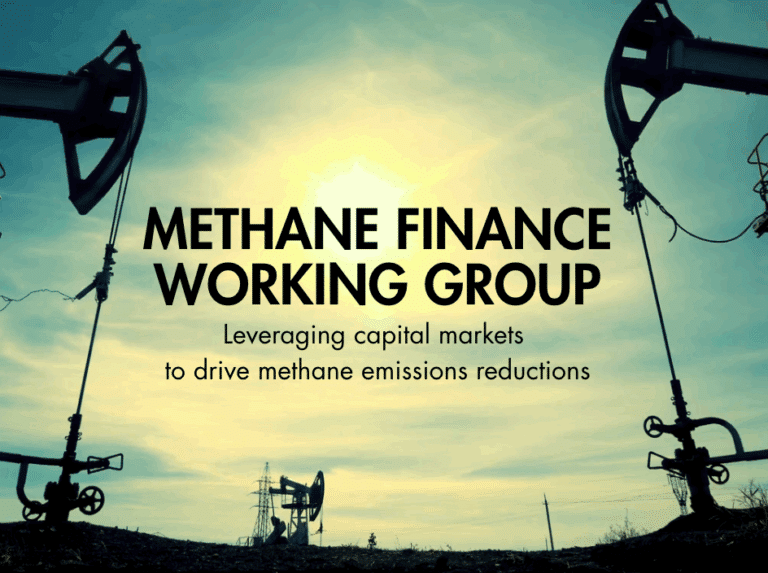This website uses cookies as well as similar tools and technologies to understand visitors’ experiences. By continuing to use this website, you consent to Columbia University’s usage of cookies and similar technologies, in accordance with the Columbia University Website Cookie Notice.
Guest
Cameron Hepburn
Professor of Environmental Economics at the University of Oxford
Getting the global energy system to net-zero – a state in which it emits no more greenhouse gases than it absorbs – means deploying clean energy infrastructure at a pace without historical precedent. The ripple effects of this transition are already apparent in business, geopolitics, and in people’s daily lives.
Increasing public concern over climate change and breakthroughs in clean energy technology have rendered this challenge more achievable. But turning this momentum into tangible progress will require careful policymaking and implementation, across all levels of government.
How might the clean energy transition reconfigure the global economy? What levers can policymakers pull to accelerate it? And what emerging solutions are already changing the outlook for net zero?
Today we’re re-running host Jason Bordoff’s interview with Cameron Hepburn about the economics of the climate crisis.
Cameron is a Professor of Environmental Economics at the University of Oxford and Director of the Smith School of Enterprise and the Environment. He also serves as the Director of the Economics of Sustainability Programme, based at the Institute for New Economic Thinking at the Oxford Martin School. Cameron has over 30 peer-reviewed publications spanning economics, public policy, law, engineering, philosophy, and biology.
In a summer of both heightened climate ambition and heightened alarm over climate change, this conversation was held in the aftermath of the COP27 climate summit. Jason and Cameron discussed how technology developments are accelerating the energy transition and how to scale their impact.
More Episodes
US Energy Policy in a Partisan Era
Following the rollback of key climate provisions from the Inflation Reduction Act, the debate over America's energy future is increasingly contentious. The passage of the One Big Beautiful...

Is ‘Gold Standard’ for Energy Data in Trouble?
Everyone from energy executives to traders on Wall Street to policymakers across the US depend on accurate, timely information about energy production, consumption, and trends. At the heart...

The Power of a Russia-China Energy Deal
Before it invaded Ukraine, Russia was Europe's single largest supplier of imported natural gas. But now that the European Union is considering an outright ban on all Russian...

What’s Shaping GOP Energy Policy?
The rollback of the Inflation Reduction Act through the One Big Beautiful Bill Act has reshaped America's climate and energy landscape by cutting tax incentives for wind and...

Relevant
Publications
How to Fully Operationalize Article 6 of the Paris Agreement
A key component of the Paris Agreement is Article 6, which introduces a framework to facilitate voluntary cooperation between―primarily using carbon credit trading―to help achieve their nationally determined contributions (NDCs) more cost-effectively.

The World Economy Was Already Broken
But there is a better way to fix it.


A Roadmap to Catalyze Methane Abatement in the Oil and Gas Sector Using Debt Financing
Human-caused methane emissions have contributed to at least one quarter of global warming since the preindustrial era. Since methane is 80 times more potent than carbon dioxide (CO2) in trapping heat over the first two decades after its release, abating methane is considered a critical near-term strategy for reducing emissions.[


